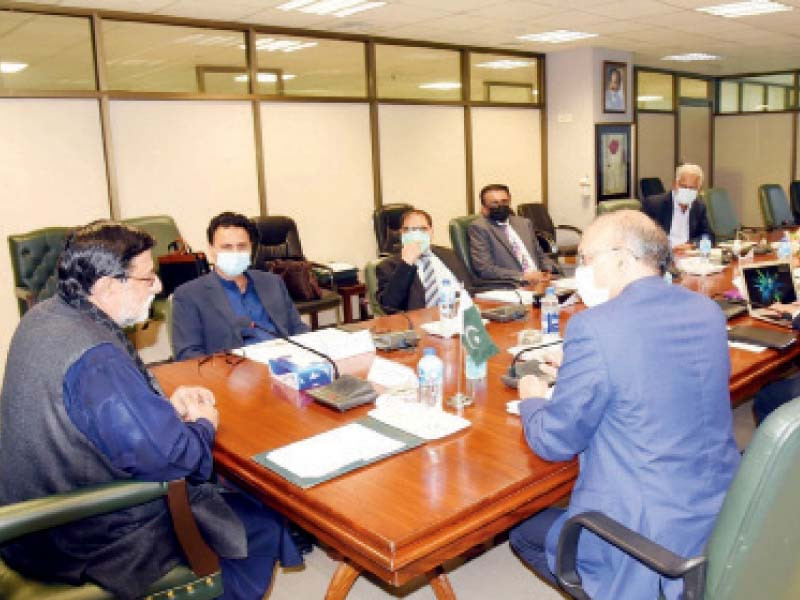
The Privatisation Commission (PC) board on Thursday could not decide the minimum sale price of Heavy Electrical Complex (HEC) due to the difference in valuation of Rs16 per share under two different scenarios and separately recommended the government to shelve the privatisation plan for SME Bank.
The financial advisers hired by the government along with the director-general of the commission recommended a price of Rs82 per share or a valuation of over Rs1.2 billion for HEC.
However, a majority of the PC board members recommended the price of Rs98 per share or a valuation of Rs1.6 billion, according to government officials who attended the meeting.
The recommendations of the PC board were solicited for proposing a reference price of HEC, an official statement of the privatisation ministry stated.
“The board recommended the discounted cash flow (DCF) method and the same would be sent to the Cabinet Committee on Privatisation (CCOP) for decision,” said the statement.
“The board has recommended two assumptions to the CCOP and it will be up to the committee to decide which one it picks,” said Samreen Zahara, spokeswoman for the privatisation ministry.
The finance advisers recommended the valuation that had been worked out on the basis of a terminal growth rate of 2.9% for the next 10 years, which was less than the official growth projections.
The acceptance of this assumption will cause a loss of over Rs300 million to the government, according to the sources.
The board members, however, were of the view that both GDP growth and inflation would have to be considered in the growth rate.
They said that the 2.9% growth factor would mean that HEC’s future growth would not be consistent with the GDP growth and inflationary factors beyond 10 years.
A majority of the board members proposed a minimum terminal value of 4.5% instead of 2.9%, which would increase the minimum value of the entity to more than Rs1.6 billion, said the sources.
Even the HEC managing director supported the PC board members, saying that the reserve price should reflect its true value and should also be consistent with the GDP growth projections.
However, the director general of the commission, Iftikhar Naqvi, sided with the financial advisers.
It was for the second time the PC board considered the HEC reserve price but did not reach a consensus.
HEC is owned by the State Engineering Company (SEC), working under the administrative control of the Ministry of Industries and Production.
It manufactures power transformers of 132 kilovolts and 66 kilovolts and is located in Hattar, Khyber-Pakhtunkhwa.
Earlier, the attempt to privatise HEC was made in 2014, however, due to poor response the process was abandoned in December 2014.
The last attempt to privatise HEC was made in March 2015, when three parties pre-qualified but only one deposited the earnest money.
Later, the CCOP approved the bid offered by Cargill Holding Limited but HEC could not be privatised.
The bidder’s earnest money of Rs25 million was accordingly forfeited.
In Thursday’s meeting, the PC board recommended the delisting of SME Bank from the privatisation list.
The commission had told the board that due to external factors, SME Bank could not be privatised and the same was recommended to the CCOP, said Zahara.
However, she explained that a lot of issues hindering SME Bank’s privatisation had been resolved by the commission but there were factors that “were not in our control”.
Veon – a telecom giant – showed interest in SME Bank but due to some other factors things did not progress, said the spokeswoman.
In October 2013, the CCOP had included SME Bank in its early implementation programme.
However, the progress remained slow, as the last government’s focus remained on divesting shares in profitable banks to raise funds for budget financing.
The PTI government too could not privatise the entity.
The PTI’s privatisation programme has so far been a failure, as no major entity has been privatised, except for selling a few pieces of land.
The privatisation board was briefed about the hiring of financial advisers for the sale of the remaining 17 properties owned by the federal government, said the privatisation ministry.
The board unanimously approved the hiring of financial advisers, it added.

















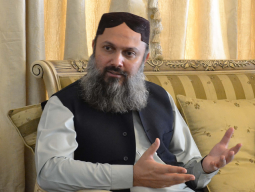
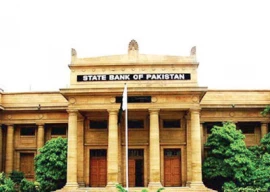


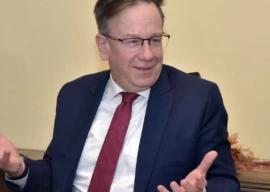


1715843823-0/WhatsApp-Image-2024-05-16-at-12-14-16-(1)1715843823-0-270x192.webp)
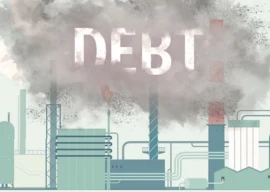
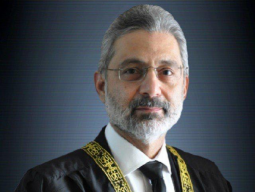
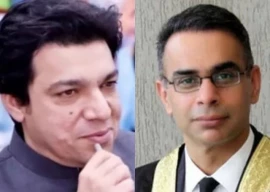






COMMENTS
Comments are moderated and generally will be posted if they are on-topic and not abusive.
For more information, please see our Comments FAQ